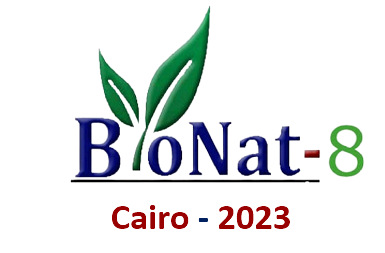Artificial intelligence (AI), currently a cutting-edge concept, has the potential to improve the quality of life of human beings. The fields of AI and biological research are becoming more intertwined, and methods for extracting and applying the information stored in live organisms are constantly being refined. As the field of AI matures with more trained algorithms, the potential of its application in epidemiology, the study of host-pathogen interactions and drug designing widens. AI is now being applied in several fields of drug discovery, customized medicine, gene editing, radiography, image processing and medication management. More precise diagnosis and cost-effective treatment will be possible in the near future due to the application of AI-based technologies. In the field of agriculture, farmers have reduced waste, increased output and decreased the amount of time it takes to bring their goods to market due to the application of advanced AI-based approaches. Moreover, with the use of AI through machine learning (ML) and deep-learning-based smart programs, one can modify the metabolic pathways of living systems to obtain the best possible outputs with the minimal inputs. Such efforts can improve the industrial strains of microbial species to maximize the yield in the bio-based industrial setup. This article summarizes the potentials of AI and their application to several fields of biology, such as medicine, agriculture, and bio-based industry
